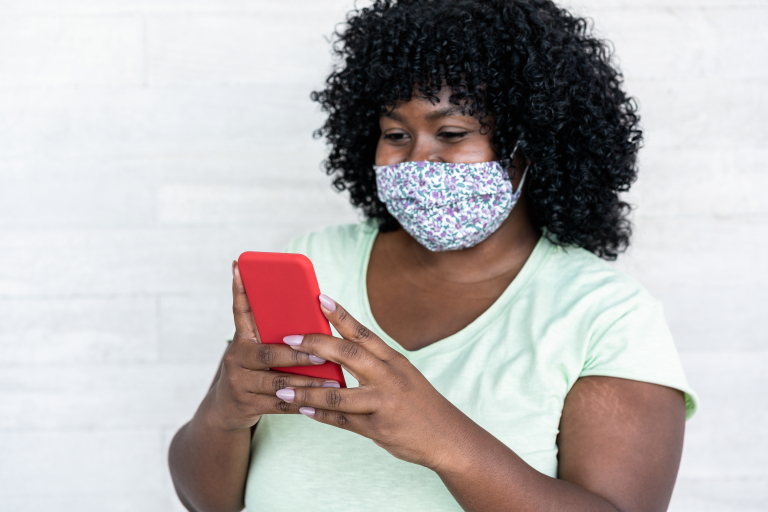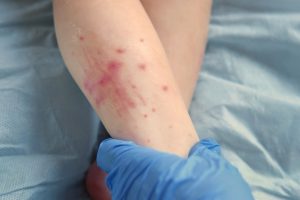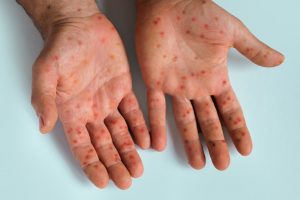If your COVID-19 test result has come back positive, follow these practical guidelines to help manage the disease:
- Refrain from going out and to work.
- Stop using public transport.
- Self-isolate, ideally alone in a room and away from other family members or roommates, for a period of 7-days.
- If practical, avoid sharing a bathroom with other individuals.
- If you have to share a bathroom with others, be mindful to clean commonly touched surfaces after every use to minimise the risk of infection.
- During the quarantine period it’s important to keep an eye on your symptoms and to call your doctor if you are concerned about your health. Serious symptoms include shortness of breath or struggling to breathe. If these symptoms persist, you should seek immediate medical attention at a hospital facility.
- For those living on their own, ask family or friends to assist with grocery shopping, or make use of online delivery services for quick and convenient grocery deliveries.
- Pet owners should ask for assistance in taking care of their pets. If this is not an option, wear a mask and wash your hands before and after any interaction with your pets. And even though it will be difficult, remember to avoid cuddles.
- Those who share accommodation (hostels, university residence or similar) with a communal kitchen, bathrooms and living areas, should remain in their room and only leave when necessary (and wearing a mask if they do so).
- When washing laundry, it is recommended to wash the items at the highest possible temperature (that is compatible with the fabric). This should be above 60°C if possible. Be mindful to clean the area around the washing machine.
- Laundry should not be taken to a launderette.
- If possible, the items should be tumble dried and ironed using the highest setting compatible with the fabric.
- If you are unable to meet the minimum criteria to safely self-isolate, you should be admitted to an appropriate isolation facility, if available.
- If you manage your symptoms in the safety of your residence, you can de-isolate after 7-days, if no new symptoms have presented. And only if you have been fever-free for at least 24-hours without pharmaceutical intervention.
For a guide to manage mild COVID-19 at home, click here.
Members of the public are encouraged to continue to play their part to curb the spread of COVID-19. This includes practicing good hand hygiene, wearing a mask, coughing and sneezing into the fold of one’s elbow or tissue (immediately discarding into a dedicated bin after use) and not sharing personal items (including mobile devices, cutlery, drinking glasses and vape mouthpieces). Additional measures include maintaining a distance of at least 1.5m from others, cleaning commonly touched surfaces regularly, keeping social gatherings small and meeting outdoors or in well-ventilated areas.
For more COVID-19 information, visit https://www.nicd.ac.za/diseases-a-z-index/covid-19/ or contact the hotline on 0800 029 999. For find out more about the new SARS-CoV02 lineage discovery, visit https://www.nicd.ac.za/new-variant-of-sars-cov-2-frequently-asked-questions/.
And for those seeking workplace information, contact the National Institute for Occupational Health on 0800 212 175 or email at info@nioh.ac.za





